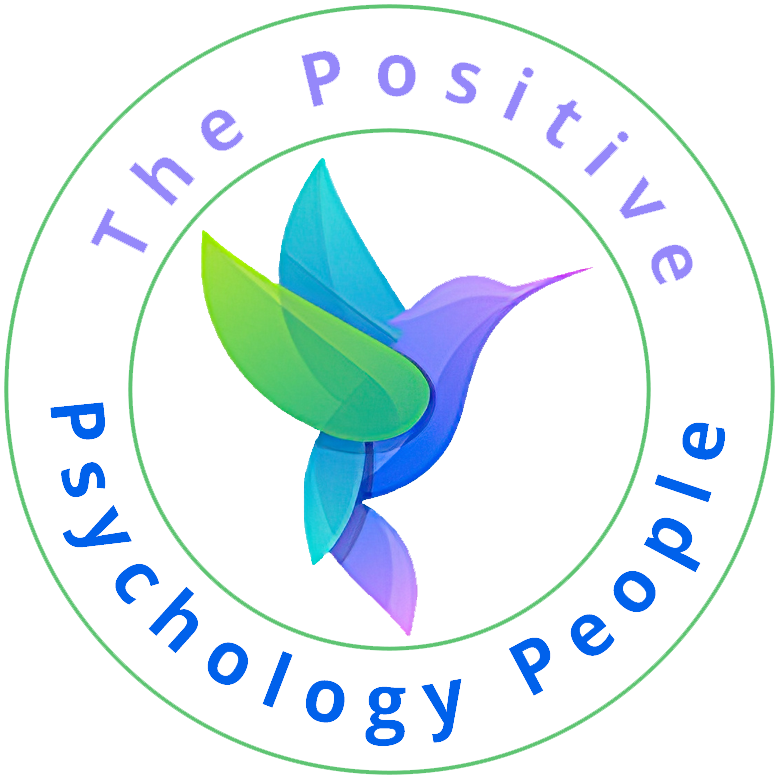
by Lynn Soots | July, 2015 | Positive Psychology, self-development, Strengths
My oldest left for university last year. Although the mother hen in me feared that I would be nostalgic for long gone times and spend my nights shedding tears in silence, I was pleasantly surprised to see how well I actually coped. However, as time wore on, I began to notice that beneath the apparent strength, there was an underlying fear that emerged every so often. I would panic when she called at odd hours. I would get edgy if she did not call or text for a few days. And I would lose sleep when she was stressed, lonely, angry, or any other emotion on the negative spectrum. What was I fearful about? Who were the silent monsters that played in my mind? Why was I unable to visualize her happiness the way I could envision every calamity that may potentially befall her? As I developed an awareness of my thoughts and behaviours, I wondered whether this was how I parented all my children? And as the answer veered towards as astounding yes, I began to notice that as parents, most of us have an inherent urge to shield our children from the very failures that would build their resilience and help them grow. Is it because of the biologically inherited maternal instincts that have been in place ever since we helped our offspring survive the savannas and saber-toothed tigers? With the evolution of families, fathers are similarly programmed, although generally to a lesser degree. But in the relative safety of the 21st century, is fear for survival the wisest place from which to raise our precious children?...

by Lesley Lyle | April, 2015 | self-development
The Benefits of Failure: Why the correct answer is not always the best answer. Failure, it is a word associated with such negative connotations, it is often linked with fear and anxiety. This is such a waste as failure has unlimited potential to help us grow. Through failure and making mistakes we can discover novel and creative ideas. How many things that we take for granted would not exist if it were not for ‘failure?’ Take the light bulb for example, invented by Thomas Edison, whose famous quote “I have not failed 10,000 times—I’ve successfully found 10,000 ways that will not work” illustrates the power of failure beautifully. Through failure, novel ways of thinking are pursued and accepting failure as part of the road to discovery increases a person’s resilience. They do not take failure personally as a reflection of themselves, but rather a reflection of the process they have tried. When things do not go according to plan, they are better able to bounce back and try an alternative way of doing things. I am increasingly concerned about students’ desire to know the ‘right’ answer. This often comes from a fear of failure, of failing in sight of their peers, their parents, themselves. The search for the ‘right’ answer suggests knowledge is a fixed end point and rather than enjoy the journey of discovery, students sometimes appear to be in a hurry to reach their destination. This is such a waste, if the destination is already known what new things will discovered? Will there be a new equivalent to the human genome project or a new change in...

by Lesley Lyle | March, 2015 | self-development
On Friday 20th March I, like millions of others, stopped what I was doing in the morning to witness the partial solar eclipse. The UK hadn’t seen this natural phenomenon since August 1999 and it was attracting a great deal of media attention. Various facts and stats were weaved into reports from beaches along the Cornish coast but one really struck a chord with me. I heard somebody say that the sun’s diameter is 400 times larger than the moon’s, but the sun is also 400 times further away. In other words from where we are standing (on Earth), the smaller thing that’s closer to us blots out the bigger brighter thing that’s further away. It’s just our perspective that makes the two appear equal. It got me thinking about positivity and negativity, and how often the latter eclipses the former. How often do we allow a simple set-back, a minor inconvenience, or an unhelpful comment almost totally blot out the warmth and beauty we are turning our faces towards? Our big goals, aspirations, and hearts desires are by their nature some distance away, whereas negative happenings crop up all the time; but because they are nearer they can prevent us from being able to keep sight of what we want. Remember that the goal is the really big thing, and the negative annoyance is much smaller; it’s just drifted into your line of sight. I wonder if we are also more familiar with the negative things than positive. Certainly in this country we don’t expect the see or feel the sun very often, whereas it’s a given that we’ll see the moon...

by Lesley Lyle | March, 2015 | Positive Psychology, self-development
Mindset and the name Carol Dweck are synonymous. Psychologist Carol Dweck has been researcher and developing ways to use mindset in many areas of psychology. As a psychologist, researcher, professor program developer and author, Carol Dweck has exclusively focused on transforming motivation into learning1. Her research articulates the important role of mindsets in students’ achievement and shows how praise can actually undermine motivation and learning in certain conditions1. The two types of mindset Carol Dweck and her colleagues at Stanford University compare in different settings are a growth mindset and a fixed mindset2. Mindset is defined as a self-theory of how we perceive ourselves and abilities through potential2. The Fixed Mindset: Viewing potential similarly to a talent or intellect ability as innate and fixed; either you have it or you don’t. Abilities are benchmarked rather than nurtured and developed, and talents are seen as a natural ability that grows without effort and practice2. The Growth Mindset: Viewing potential as ability to grow and develop through hard work, practice or progressive improvement; ability is a starting point that can grow. Growth is nurtured through recognition of all learning and motivation to shift, explore and to leave outcomes open-ended2. With fixed mindsets the internal monologue tends to travel a path of judgments, absoluteness, and absence of recognizing potential to grow for all experiences. With the growth mindset the monologue takes a path of appreciation for successes and failures, is non-judgmental and recognizes abilities as part of internal motivation. In her book Mindset, Carol Dweck gives the examples of famous people with growth mindset: “Do you know that Darwin and Tolstoy were considered ordinary...





